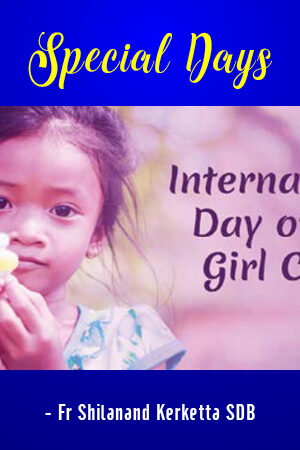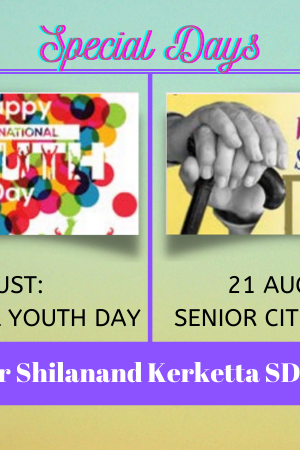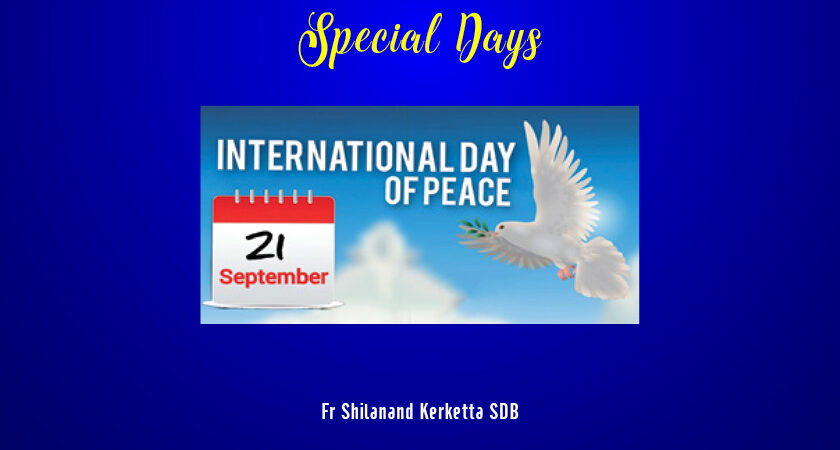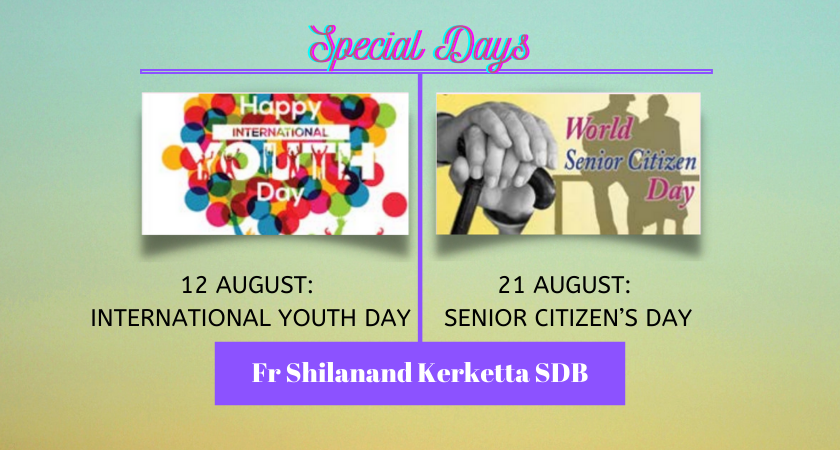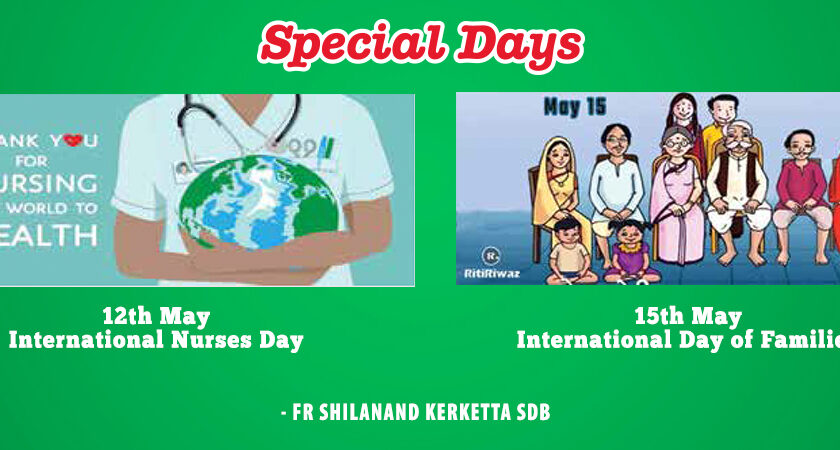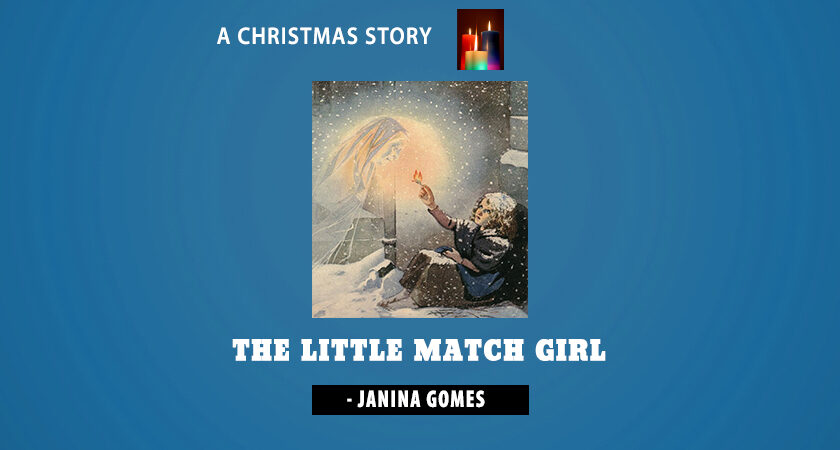On 19th December, 2011, UNO passed the resolution to celebrate the International Day of the Girl Child. Since 11th October, 2012, the Day is marked as such to bring to the fore the challenges of the girl child and empower and fulfil the human rights of every girl child by providing equal opportunity for her development. The theme of the current year is: “Our time is now—our rights, our future.”
Social and economic discrimination, gender-based violence, inequality in opportunities and various forms of exploitation against girl children are rampant in most of the underdeveloped and developing societies and countries. Hence, the world needs to act to improve the lot of the girl child.
How do we go forward?
We can learn much from what one family in Haryana did.
Mahavir Singh Phogat, a former wrestler from Balali village in Bhiwani district, Haryana, had a dream—to win a medal for India. However, he was unable to fulfil this aspiration. He desired to bring the honour to the country through his sons. Unexpectantly, he fathered only girl children. Nevertheless, his ambition was still burning deep within. A mental change happened in him towards his daughters when Karnam Malleswari won an Olympic medal for India—the first Indian woman to do so. His dormant dream began to take visibility in his daughters. He was determined, at all costs, to mould his first two daughters, Geeta and Babita, into champions that the country would look up to.
So, the long arduous journey began. Phogat had to break many norms of the society for girls. The daughters wore shorts instead of salwar kameez; their lovely hair was cropped. To make it worse, to strengthen the girls, he compelled them to wrestle with boys. It was a battle of thoughts, beliefs and perception. The villagers ridiculed the girls. His wife opposed him; his own daughters conspired to foil his plans. The whole proposal seemed preposterous and shameful. Later he had to fight for his daughters with wrestling bodies at local national levels. But his dream for her daughters infused with determination and courage saw the day. Geeta was the first woman to win a medal for India at the Commonwealth Games, New Delhi, in 2012. Together with Babita, the two have won twenty-nine medals at international competitions, not to mention the national championships. What more? Inspired by their elder wrestling sisters, two younger sisters and two cousins took up wrestling. The Phogat sisters have won hearts and more importantly, they are inspiring girls to fight to succeed. It all began with one man believing in the potential of girls.
We can learn three lessons from this true story. We can wrap the lessons under Stephen Covey’s famous Seven Habits of Highly Effective People.
- Put the First things First – Change of Mentality Towards Women: The root cause of perpetration of any form of discrimination and crime is individual and collective erroneous thinking. Until men and even women change their beliefs and notions of women, the voices of girls will be muffled; violence, exploitation and depravation will last. In the case of the Phogat sisters, it began with the change in the mind of their father. Gradually, the change caught on in the villages of Haryana and in the nation.
- Begin with the End in Mind – Invest on the girl child for a better future: If only we realized how much women can contribute to the enrichment of families, societies and nations, we would invest more resources and provide opportunities for the development of girls who will be mothers and leaders in many walks of life. Mr Mahavir had a belief in the potentialities of his daughters. Moreover, he had a dream for them. He never ever doubted this. Belief in the power of women counts.
- Be Proactive – Passionate Commitment to the Cause of the Girl Child: A ceremonial celebration of the International Day of the Girl Child will not do much good for numerous disadvantaged girls of the world. Life-changing steps must be taken for promotion of their good. Passionate commitment, unchartered initiatives, unhindered courage and determination is needed at all levels to transform the plight of girls. We need more Mahavirs who see and believe in the potential of girls and women.
Fr Shilanand Kerketta SDB
To subscribe to the magazine, click Subscribe
